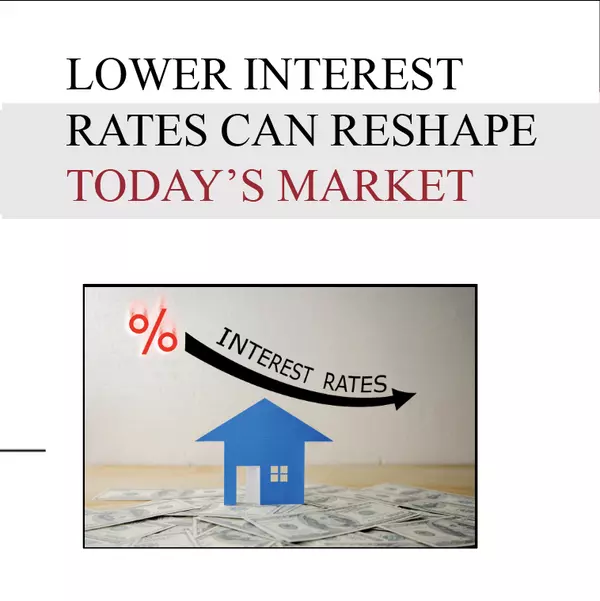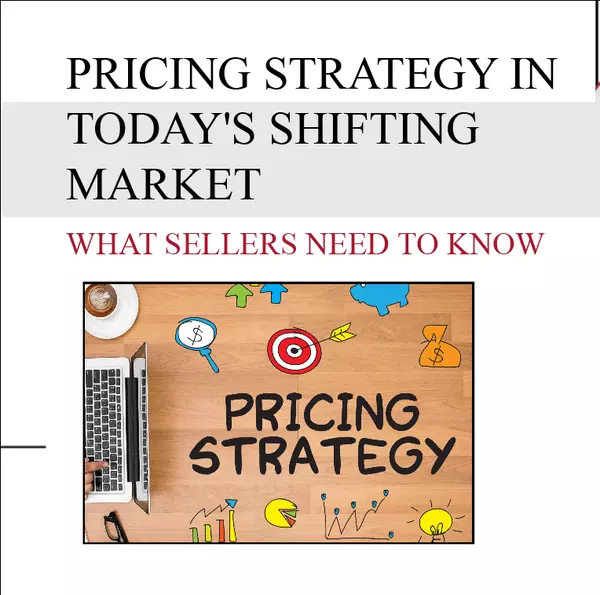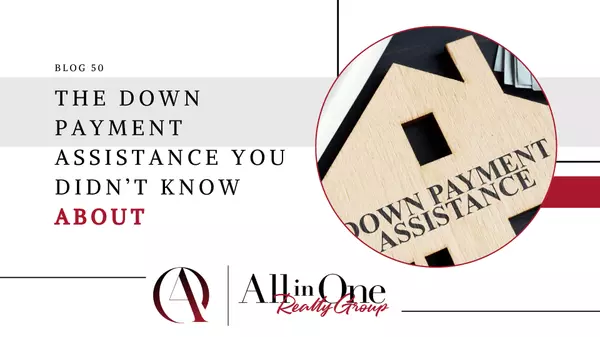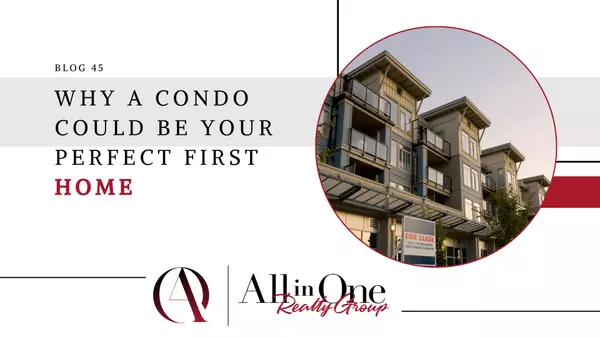
Why a Condo Could Be Your Perfect First Home
If you’re looking to break into homeownership but the price of single-family homes has you second-guessing, you might want to consider a condominium (condo) or townhome. These types of homes often come with a lower barrier to entry – and that can help you start to build equity and enjoy the benefits
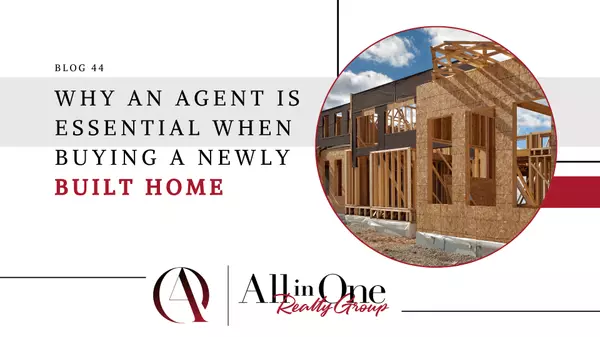
Why an Agent Is Essential When Buying a Newly Built Home
For some buyers, there’s a misconception that newly built homes aren’t made to last or fall short of the quality you can find in older homes. Unfortunately, this is turning some buyers away from what may be one of their best options in today’s housing market. As Builder Online says: “As resale inven
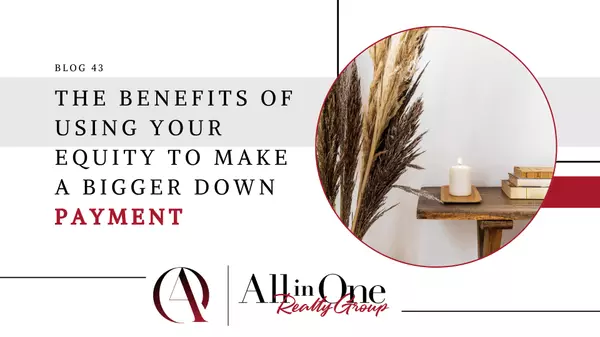
The Benefits of Using Your Equity To Make a Bigger Down Payment
Did you know? Homeowners are often able to put more money down when they buy their next home. That’s because, once they sell, they can use the equity they have in their current house toward their next down payment. And it’s why as home equity reaches a new height, the median down payment has too. Ac
- 1
- ...
- 3
- 4
- 5
- 6
- 7
- ...
- 20
Categories
Recent Posts
